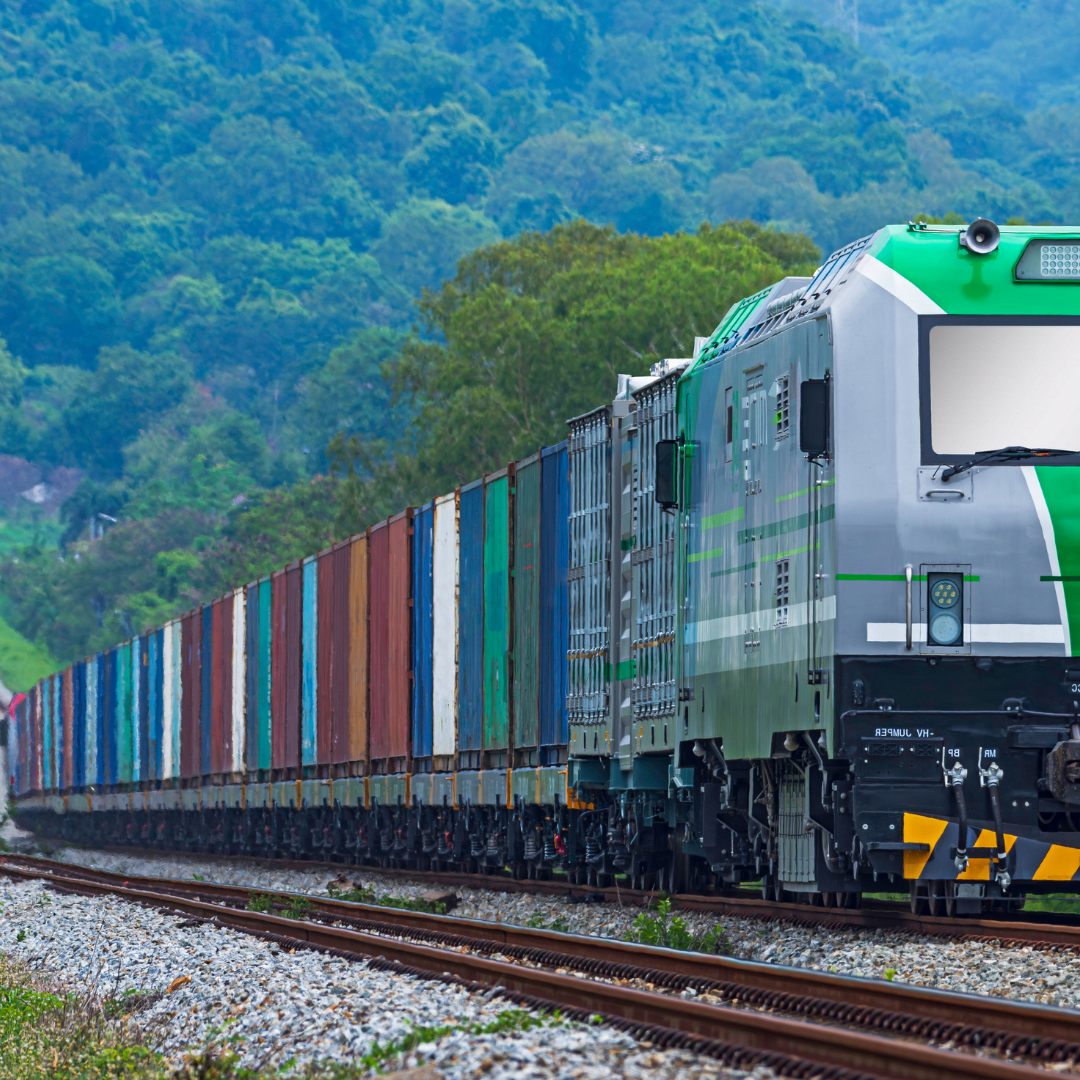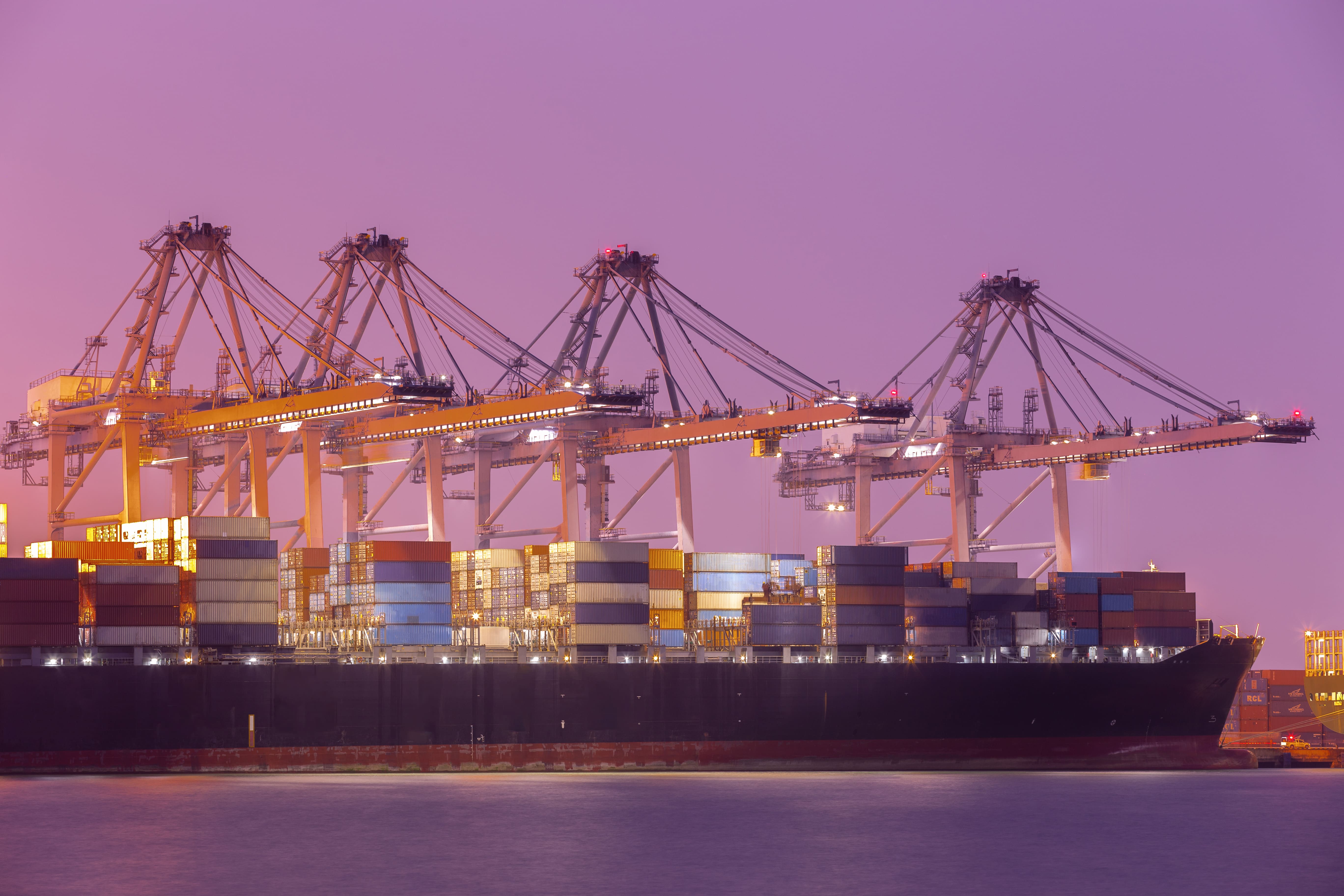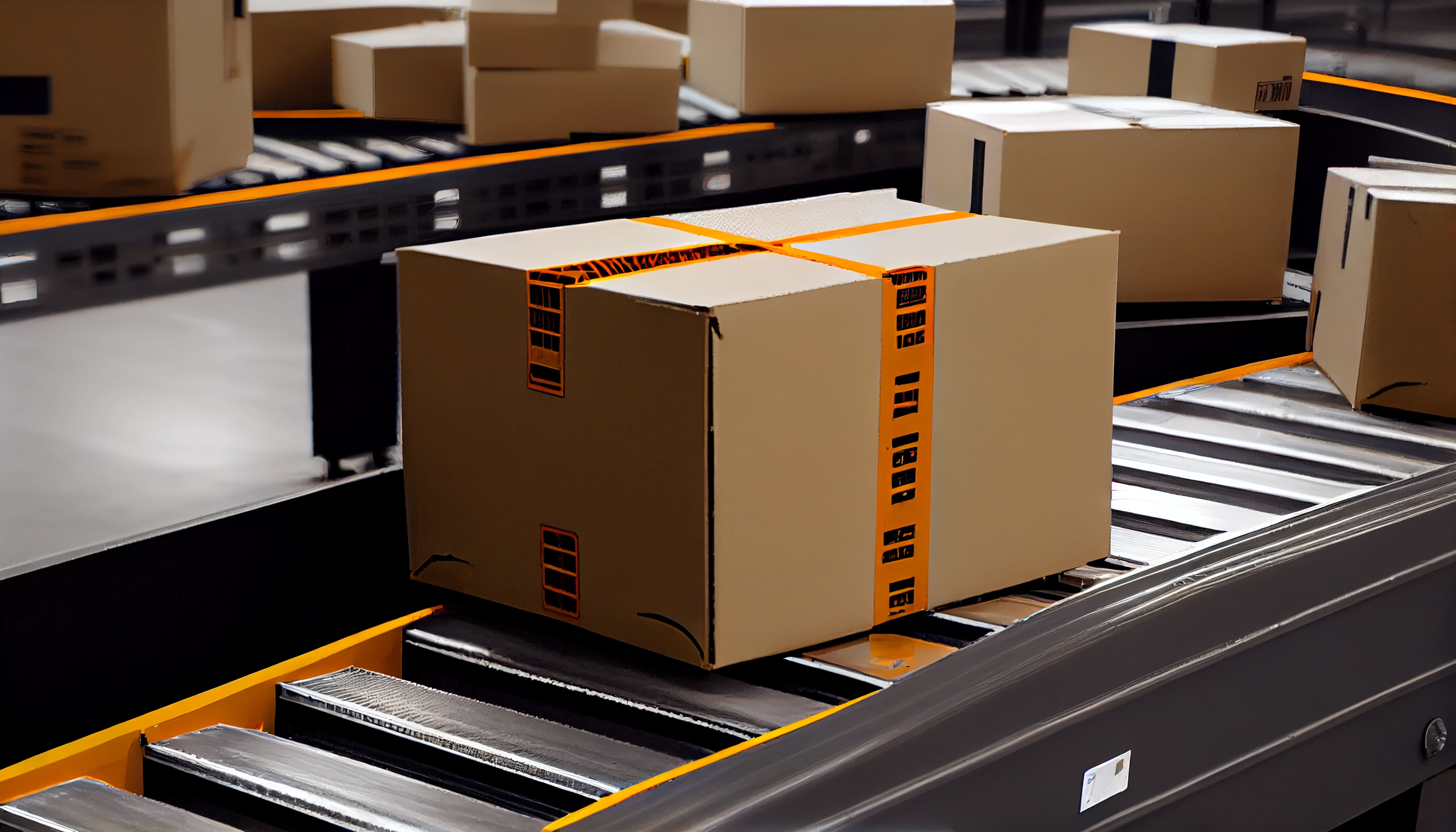Reliability of Rail Transport and Advantages of Long-Distance Shipping

Rail transport plays a significant role in the modern logistics world in terms of reliability and efficiency. As the demand for long-distance shipping increases, rail transport is preferred across various sectors due to its advantages. In this article, we will explore the reliability of rail transport and its benefits in long-distance shipping.
1. Reliable Transport
Rail transport offers a more reliable option compared to road transport, which is affected by weather conditions and traffic congestion. The ability of trains to operate on specific routes minimizes disruptions during the shipping process. Additionally, rail systems generally experience fewer breakdowns and provide a safe transport environment through regular maintenance procedures.
2. Lower Costs
In long-distance shipping, rail transport often provides lower costs. The capacity of trains to carry large amounts of cargo simultaneously reduces unit costs. Moreover, rail transport is advantageous in terms of fuel efficiency, as it consumes less energy while transporting more cargo compared to road transport.
3. Environmental Benefits
Rail transport stands out as an eco-friendly option. It produces significantly lower carbon emissions compared to road transport, making it a sustainable transportation method. While transporting cargo over long distances, trains enhance energy efficiency, helping to reduce environmental impacts.
4. High Capacity
Rail transport has the capacity to carry large volumes of cargo at once. This feature is especially advantageous for transporting bulky loads, such as those from heavy industry and agriculture. Regular transportation of goods over long distances improves the efficiency of the supply chain and saves time for businesses.
5. Fast and Effective Transportation
Rail transport offers the possibility of fast shipping over long distances. High-speed train systems ensure timely delivery of goods, while scheduled trips create a consistent transportation process. This helps businesses maintain orderly production processes.
Rail transport plays a crucial role in modern logistics due to its reliability and advantages in long-distance shipping. With features such as lower costs, environmental benefits, high transportation capacity, and rapid delivery, rail transport provides significant opportunities for businesses. As the importance of sustainable transportation solutions increases in the future, the demand for rail transport is expected to grow. Therefore, embracing rail transport will enhance companies' competitive advantages and represent an important step toward a sustainable future.






